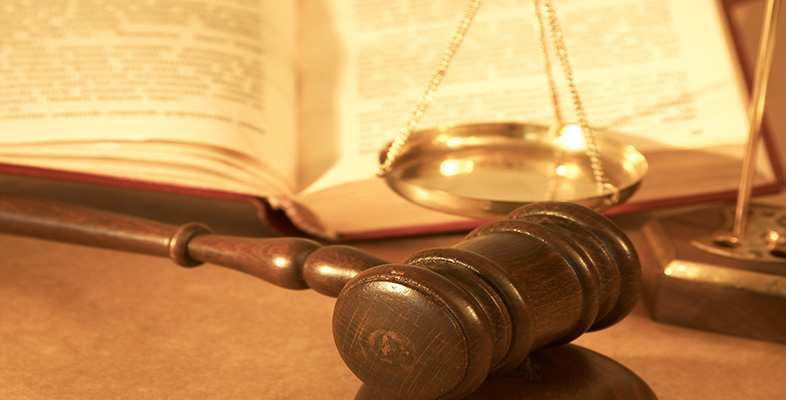Economic rights
The most fundamental economic right is that of control over reproduction of the work. When publishing a work via a third party, it is important to license the publisher to print (and distribute) the work; this is done either by assigning (transferring) copyright to the publisher, or by giving the publisher a licence to print and distribute the work as part of the publishing contract. Once a work has been printed, the publisher may assume a ‘typographical right’ in the printed material – generally for a shorter period than the copyright itself.
Reproduction using computers may now also cover the initial digitisation of the work, and uploading or downloading of the work.
All of these acts of reproduction may only be carried out with the permission of the owner of the copyright, who may also require the payment of some suitable fee.
The point at which people most commonly encounter copyrighting of text is in photocopying, for which in principle a licence is always required. Recovery of fees from photocopying is an important source of income for copyright holders.
The rights protected by copyright law include the moral right to be known as the author, and the right to economic benefit.
